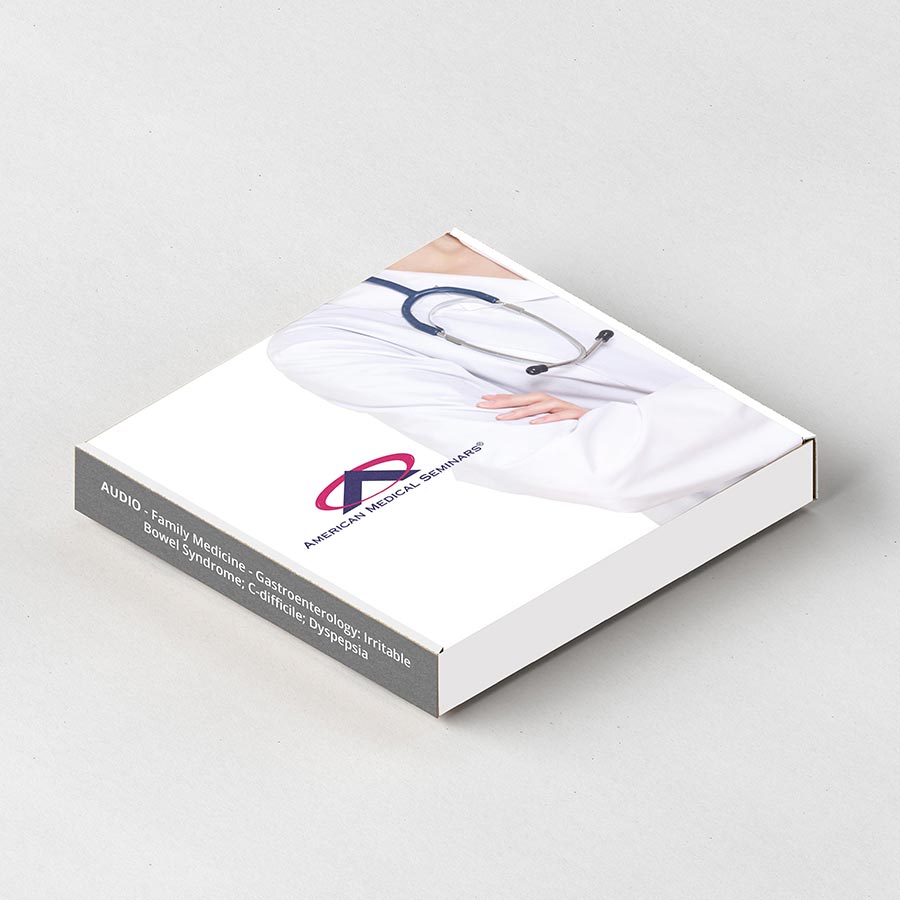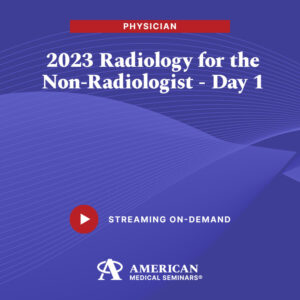Title: Family Medicine – Gastroenterology: Irritable Bowel Syndrome; C-difficile; Dyspepsia
Faculty: Michael A. Malone, M.D. and Jerry Zuckerman, M.D.
Original Release Date: July 1, 2017 Expiration Date: July 1, 2020
TOPIC 1: Irritable Bowel Syndrome
Upon completion of this session, the participant should be able to: EBM, COMP
- Appraise possible etiologies for Irritable Bowel Syndrome.
- Select and utilize diagnostic criteria to identify IBS, based on the current medical evidence and expert recommendations.
- Use the current medical literature to assess and screen for other conditions that can present with similar IBS symptoms.
- Detect “red flag” signs and symptoms that should make one question the diagnosis of IBS.
- Formulate an EBM diagnostic evaluation for patients with signs and symptoms of IBS.
- Use the current medical literature to develop an EBM treatment plan for Irritable Bowel Syndrome.
TOPIC 2: Update on C-difficile Infection (CDI)
Upon completion of this session, according to SHEA, IDSA, CDC and HICPAC evidence-based guidelines and WHO recommendations, the participant should be able to: EBM, GL, COMP
- Relate the etiology and pathogenesis of CDI.
- Diagnose the infection.
- Treat or otherwise manage CDI.
- Apply measures to prevent CDI.
TOPIC 3: Dyspepsia
Upon completion of this session, the participant should be able to: EBM, COMP
- Appraise symptoms and common etiologies for dyspepsia.
- Use EBM to detect “alarm symptoms” that are suspicious for GI malignancy.
- Apply current medical evidence and expert guidelines to construct a diagnostic evaluation for Dyspepsia.
- Determine appropriate treatment for Dyspepsia based on current medical evidence and the likely etiology.
- The receipt for any incentive-associated purchase will designate the value of the gift card separately from the cost of the learning activity.
- This incentive may have implications on your tax reporting obligations. Any reimbursed amount must be declared as personal income for tax purposes.


